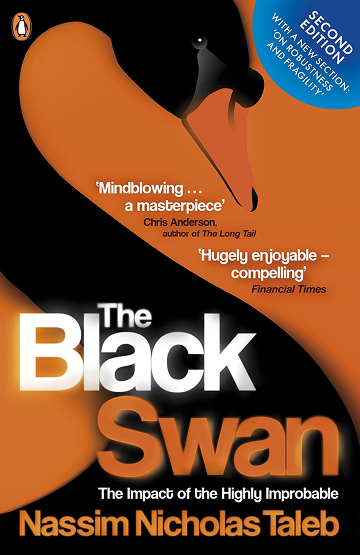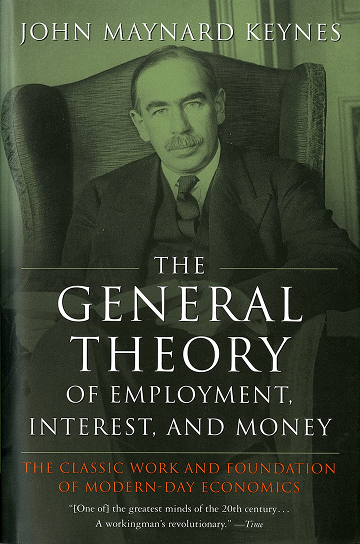
George Soros Net Worth, Biography and Key Insights



George Soros’s Profile Summary
|
Company
|
Soros Fund Management |
|---|---|
|
Position
|
Founder and Chairman of Soros Fund Management. |
|
Source of wealth
|
Management and performance fees from Soros Fund Management, personal investments, shorting the British pound (1992). |
|
Also known as
|
Philanthropist, Political Activist, Author. |
|
Age
|
94 |
|
Education
|
London School of Economics – Bachelor's degree in philosophy. |
|
Citizenship
|
United States |
|
Residence
|
Katonah, New York, USA |
|
Family
|
George Soros has five children. |
|
Website, Social Media
|
https://sorosfundmgmt.com/ |
George Soros’s biography
George Soros was born on August 12, 1930, in Budapest, Hungary. He survived Nazi occupation during World War II and later fled to England, where he attended the London School of Economics, earning a degree in philosophy under the tutelage of philosopher Karl Popper. Soros moved to the United States in 1956 and began his career in finance, working at various Wall Street firms. In 1970, he founded Soros Fund Management, which became one of the most successful hedge funds in history. He gained international fame in 1992, when he famously shorted the British pound, earning $1 billion and earning the nickname "The Man Who Broke the Bank of England." Beyond finance, Soros is a prominent philanthropist, donating billions to support human rights, education, public health, and democratic causes through his Open Society Foundations. He is also known for his work in political activism, particularly in support of liberal and progressive causes. Throughout his career, Soros has been both celebrated and criticized for his financial and political activities, but his influence in both finance and global philanthropy is indisputable.-
How did George Soros make money?
-
What is George Soros net worth?
As of 2025, George Soros’s net worth is estimated to be $7.2 B.
What is George Soros also known as?
George Soros is widely recognized for his extensive philanthropic efforts through the Open Society Foundations, supporting initiatives that promote democracy, human rights, and social justice globally. He is also a political activist, known for his support of liberal and progressive causes, particularly in the United States and Europe. Soros has written several books on financial markets, globalization, and open societies, where he shares his insights on economics, philosophy, and governance.Prominent achievements of George Soros
Earned $1 billion in 1992 by shorting the British pound, recognized for his philanthropic contributions through the Open Society Foundations, author of several influential books on economics and philosophy, named in various lists of the most influential and wealthiest people globally, awarded honorary degrees from several universities for his contributions to society.What are George Soros’s key insights?
George Soros's business philosophy centers around the concept of reflexivity, where markets are influenced by the perceptions and actions of participants, leading to feedback loops. He believes that financial markets are inherently unstable and driven by emotions like greed and fear, rather than being purely rational. Soros emphasizes the importance of understanding both the financial and political systems, recognizing that success comes from adapting to changing conditions and not being constrained by conventional thinking.
George Soros’s personal life
George Soros has been married three times and has five children. His children are Alexander Soros, Andrea Soros Colombel, Robert Soros, Jonathan Soros, and Gregory Soros. Several of them are involved in philanthropy and finance, and Alexander Soros is notably active in his father's philanthropic work.
Useful insights
Understanding market forces
In my experience, to truly succeed as an investor, it’s essential to understand the driving forces behind market behavior. Market movements aren’t random—they’re influenced by a range of economic theories and dynamics. The following books provide valuable insights into these forces, offering a deeper understanding of how global financial markets operate and what shapes their trends.
-
Nassim Nicholas Taleb – "The Black Swan"

-
Summary:
Taleb explores the concept of rare, unpredictable events—so-called "Black Swans"—that can have massive impacts on markets and society. These events are often overlooked by traditional risk management models, leading to devastating consequences when they occur. Taleb illustrates how these unpredictable shocks shape our world, often more than gradual, expected changes.
-
Why read it:
This book challenges conventional thinking about risk and uncertainty, showing that many major historical and financial events were "Black Swans." It's a vital read for investors who want to build resilience in the face of market volatility.
-
-
John Maynard Keynes – "The General Theory of Employment, Interest, and Money"

-
Summary:
Keynes revolutionized economics by focusing on total demand within an economy and its effect on output and inflation. His theory suggested that government intervention could stabilize economic cycles through fiscal and monetary policy. The book also explains the consequences of under-consumption and the role of interest rates in managing economic stability.
-
Why read it:
For investors interested in macroeconomic trends and policy impacts, Keynes’ work is essential. Understanding the Keynesian framework can help investors predict how government actions might influence market performance.
-
Other profiles in category
Popular Financial Guides
Latest Financial News

Bengwenyama platinum project targets 400K ounces annual production

Weekly forecast: Microsoft expected to test $515 next week































































































































